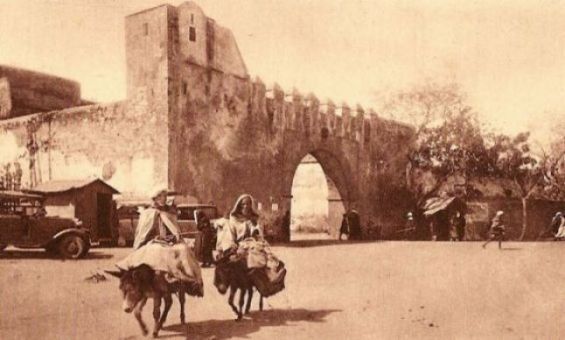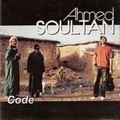Between the 1570s and 1580s, Moroccans were hit by a mysterious and severe cough, which killed many people. The doctors of the Saadi dynasty never succeeded in understanding the reasons behind this illness, which pushed Moroccans to use their imagination when referring to it. Most accounts suggest that Moroccans thought this deadly sickness was a punishment from God.
But unlike the plague, cholera and other deadly diseases, few historians have mentioned this Moroccan epidemic, with the exception of Ahmed Ben Khaled Naciri, in his book «Al Isstiqssa fi Akhbar Al Maghrib Al Aqssa» and Mohamed As-Sghir Al Ifrani and his account «Nozhat Al Hadi fi akhbar Moulouk Al Qarn Al Hadi».
The first book explains that this strange epidemic affected the Kingdom during the reign of the Saadis’ most powerful sultan : Ahmed al-Mansur Ad-Dahbi, who ruled the country between 1578 and 1603. «During certain seasons, people used to cough a lot. An infected person would keep coughing very hard until they die», Naciri wrote. Al Ifrani, shared a similar account and explained that when the disease appeared, «the year was nicknamed '3am k’hikiha' (the year of coughing)».
The two men also explain how this epidemic coincided with drought and famines, causing an exceptional rise in prices. «It pushed people to also nickname it '3am Al Baqqoul' (year of legumes)», given their high consumption of legumes.
«The year 1580 was marked by (…) famine and diseases. These two plagues were seen as a punishment from the sky», French historian Bernard Rosenberger, wrote.
A Portuguese curse, a seasonal flu or the start of a plague ?
Faced with this deadly cough, Saadi medical doctors felt helpless. They never succeeded in unraveling this mystery, determining the cause of the disease or its treatment.
Unable to spot the causes of this «k'hikiha», Moroccans once again turned to religion, claiming that this disease would have appeared because of the Battle of the Three Kings in 1578. According to the story reported in «Al Isstiqssa», some of them specifically mentioned a «mixture between halal money and haram money» following Morocco's victory over the Portuguese kingdom.
«When people finished sharing the spoils of the battle of Oued Al Makhazin, they expected these devastating consequences after halal money was mixed with haram money», Naciri claimed.
On the other hand, Rosenberger said that Moroccans believed at some point that «the mistakes made by troops after the victory of Al Makhazin, the famous battle of the Three Kings, and their unfair way of sharing the spoils» of the battle were behind this curse.
«It is impossible to assess the number of the victims of the epidemic which may have been a flu, but it seems much less serious than the previous one only because it lasted for one year», Bernard Rosenberger concluded.
Years later, «k'hikiha» paved the way for the plague, which eventually invaded several regions of Morocco, wreaking havoc. At the time, some Moroccans called their sultan «the doctor» after his letter to his son and his interest in medicine.
Such a designation did not prevent him however from fleeing his capital fearing infection. He later died of the plague in the outskirts of Fez after trying, for years, to flee the deadly disease.





 chargement...
chargement...













